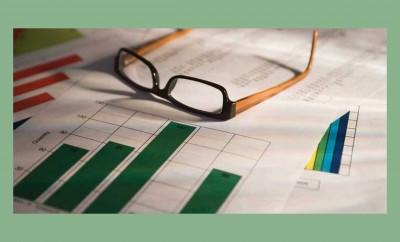
REMAKING THE POST-COVID WORLD
To reverse widening inequality, keep a tight rein on automation
The industrialized world, especially the United States, suffered severe economic ills even before the COVID-19 pandemic. Unless we recognize them now, we are unlikely to produce solutions.
Chief among these problems is the nature of economic growth, which has become much less shared since the 1980s. Wider inequality in much of the industrialized world; the disappearance of good, high-paying, secure jobs; and the decline in the real wages of less-educated workers in the United States are all facets of this unshared growth (Acemoglu 2019), which has deepened discontent and sparked protests from both left and right in the years since the Great Recession.
My research with Pascual Restrepo indicates that automation accounts for much of this loss of shared growth, along with such factors as globalization and the declining power of labor relative to capital (Acemoglu and Restrepo 2019). With the next phase of automation rapidly unfolding, driven by machine learning and artificial intelligence (AI), the world’s economies stand at a crossroads. AI could further exacerbate inequality. Or, properly harnessed and directed through government policies, it could contribute to a resumption of shared growth.
Automation is the substitution of machines and algorithms for tasks previously performed by labor, and it’s nothing new. Ever since weaving and spinning machines powered Britain’s Industrial Revolution, automation has often been an engine of economic growth. In the past, however, it was part of a broad technology portfolio, and its potentially negative effects on labor were counterbalanced by other technologies boosting human productivity and employment opportunities. Not today.
Συνέχεια ανάγνωσης εδώ
Πηγή: imf.org




